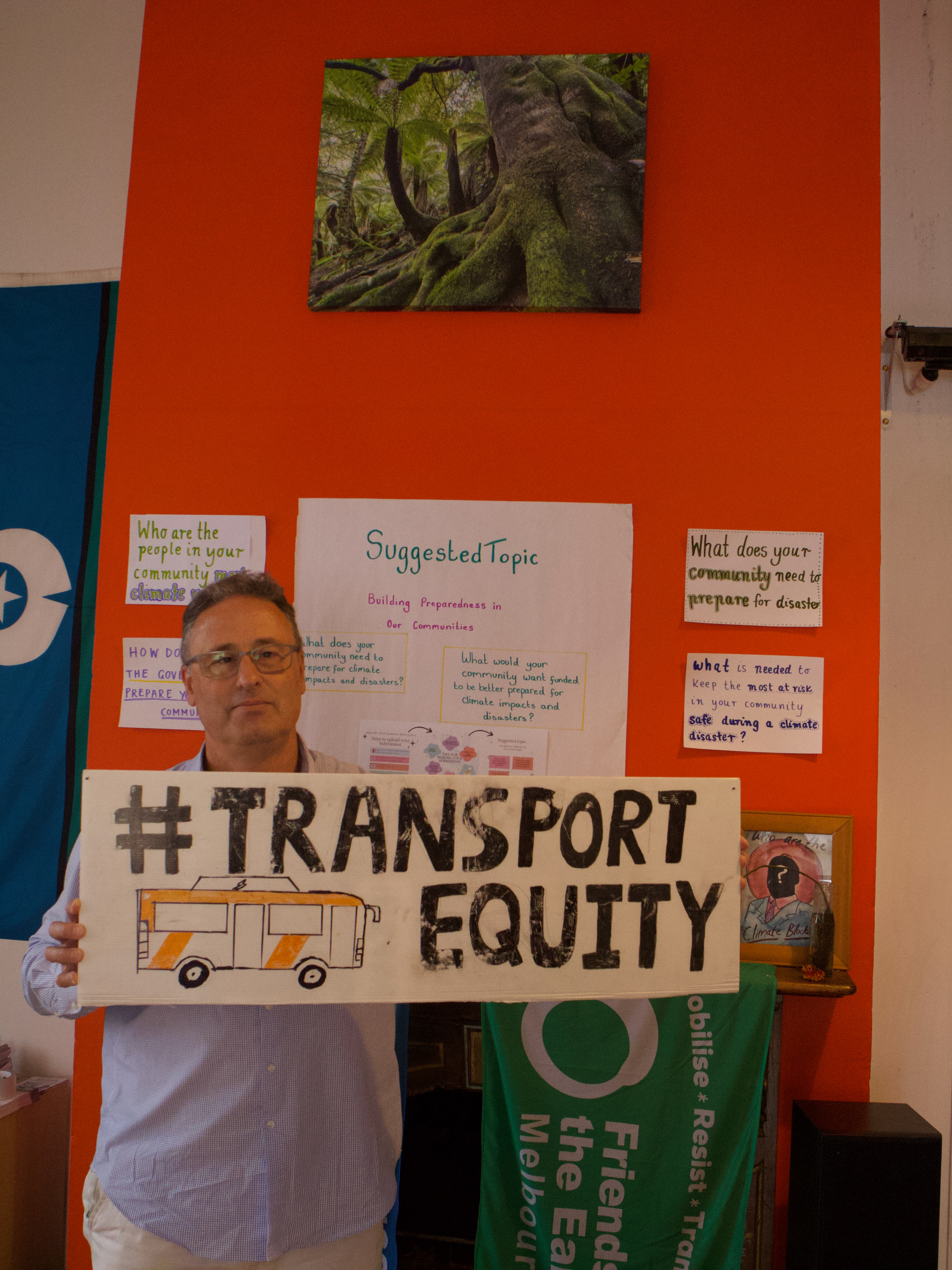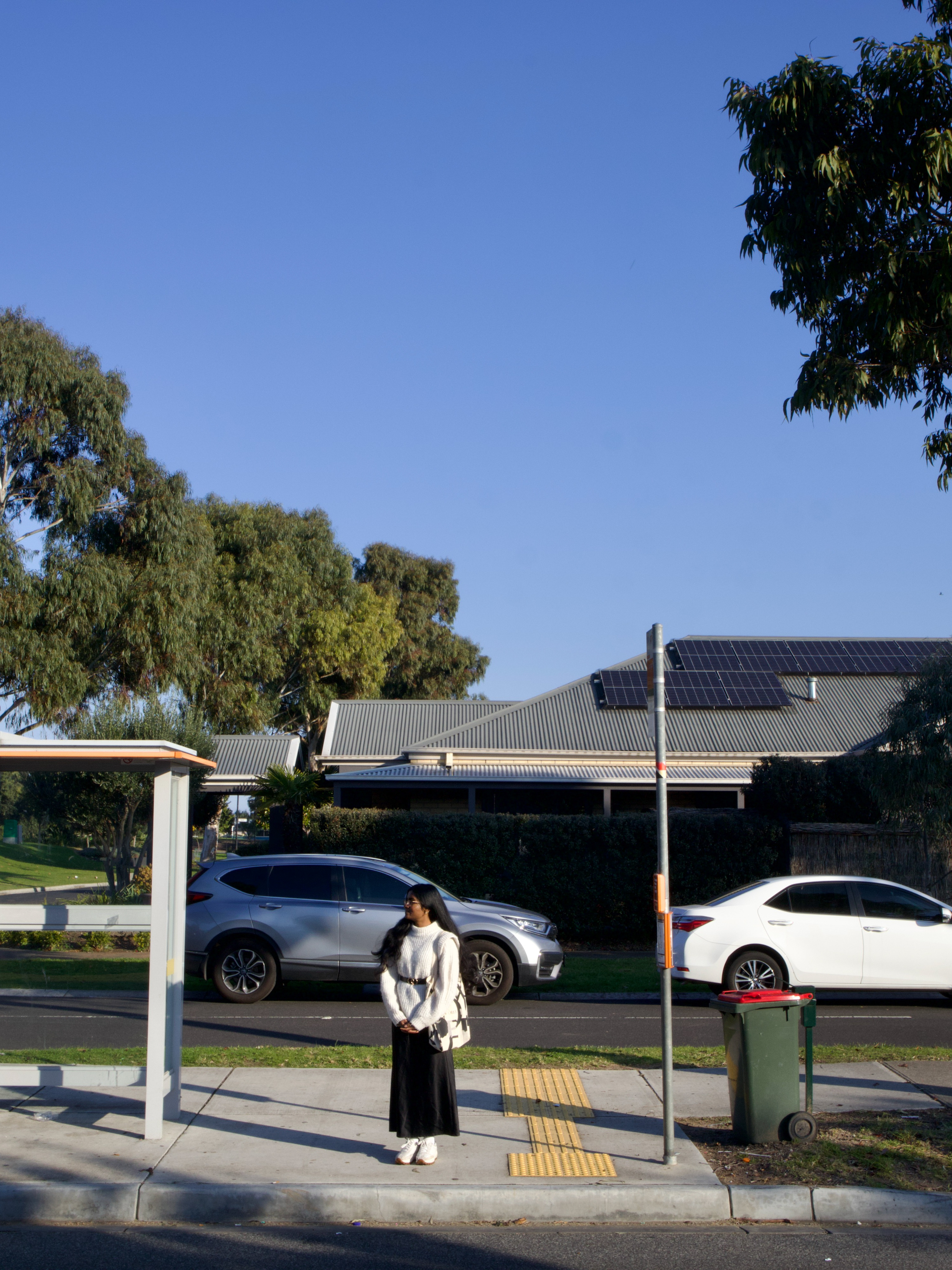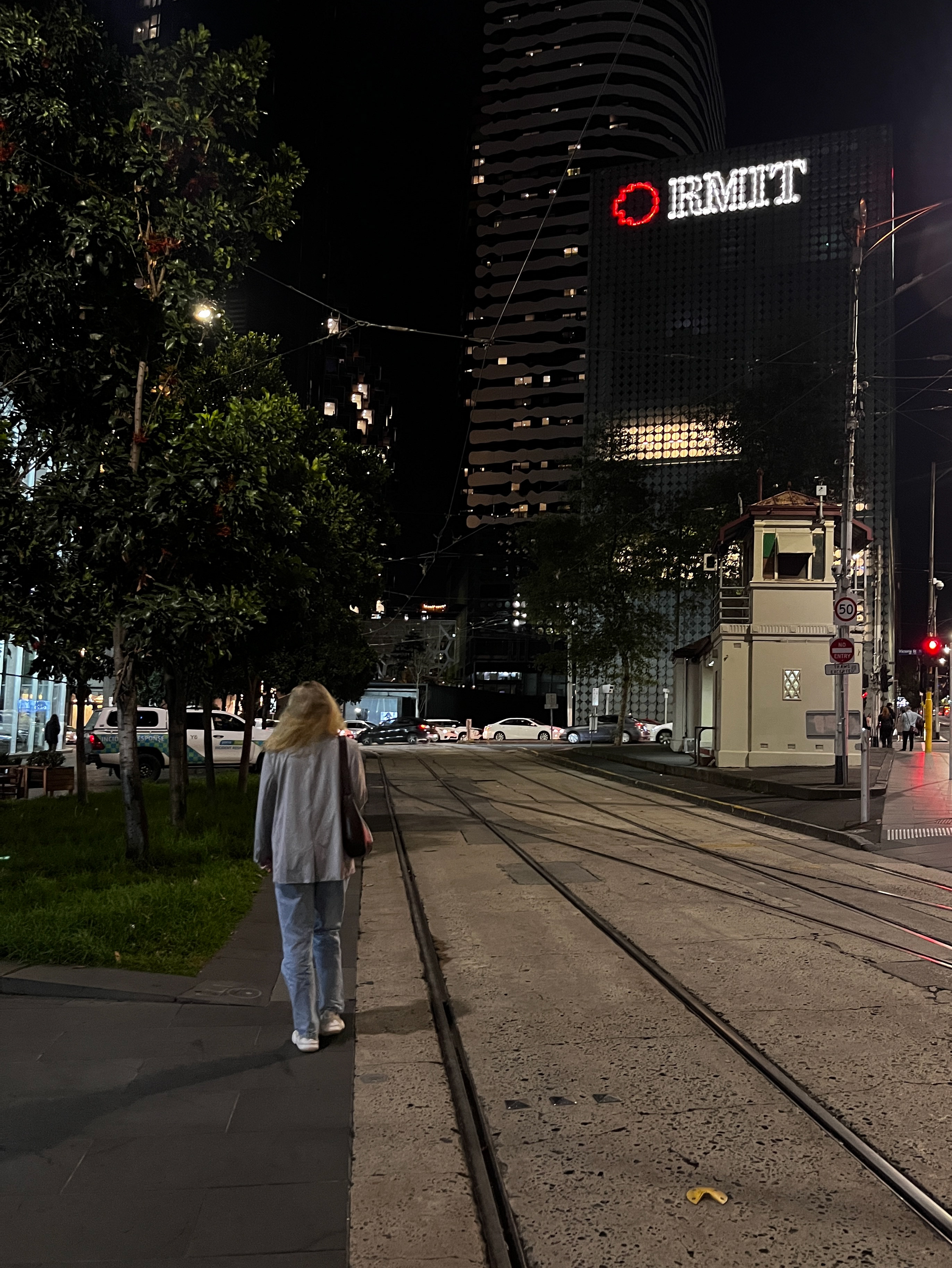Last week, the federal government introduced the Communications Legislation Amendment (Combatting Misinformation and Disinformation) Bill 2024, which gives the Australian Communications and Media Authority (ACMA) new powers to oversee digital platforms and hold them into account to combat misinformation and disinformation.
This new piece of legislation raises questions for news outlets and journalists’ integrity in presenting factual evidence as well as being a trusted source for its readers.
Journalists are often missing crucial details in their reporting, which could lead to more misinformation and disinformation.
“A lot of people don't read in journalism,” said investigative journalist Linton Besser, “It's unbelievable, but some people just don't read the papers.”
Forums like the ABC’s Media Watch showcase when media outlets misreport figures and events.
In August, Nine News, Seven, and 4BC ran a story on how a digital therapy ran under autism expert Dr Genevieve Dharamaraj helped non-verbal kids with autism with their speech.
Media Watch discovered that all three outlets failed to include that Dr Dharamaraj was a chiropractor.
Other forums such as RMIT University’s FactLab point out inaccuracies in media.
“They should be reading properly, they're journalists,” said Sushi Dias, the director of the RMIT FactLab.
Fake news such as the 5G network causing COVID-19 and Taylor Swift endorsing former convicted US President Donald Trump are among growing concerns.
According to the University of Canberra’s Digital News Report 2024, 75% of Australians are concerned about misinformation.
As information overload becomes more frequent, journalists need to read more and not miss key details which could impact their reporting.
“I read a document by the Department of Planning, this dense thing about some planning directive thing about traffic lights. Buried there in the footnote was a thing which said that buses in the T way in Sydney were meant to get green light priority through all these suburbs,” said Besser, who was a junior staffer at the time.
The next day, Besser’s article made page three on the newspaper, kickstarting his career in journalism.
Fotis Kapetopoulos, senior journalist at Neo Kosmos, said that although journalists are pressed for time to read large documents, this does not preclude their responsibility from doing so.
“It's incumbent on the journalists to be very clear and say, ‘A scanned view of this document,’ or ‘In short reading of this document, and we'll come back to you in more detail,’” said Kapetopolous.
Polling by the Australian Institute has shown that about 3 in 5 Australians were concerned about misinformation and disinformation that circulated on social media during the Voice referendum in October last year.








